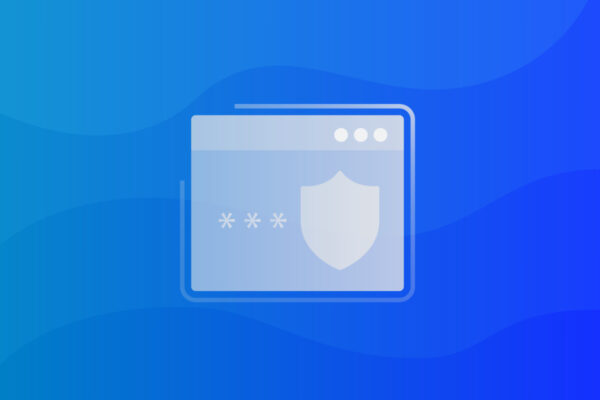What Is Endpoint Protection?
The benefits of living in a hyper-connected world are numerous. Unfortunately, the same connectivity that allows your employees to access the network remotely could also be the greatest security risk facing your company.
Most damaging security threats to organizations originate from trusted insiders – both malicious and negligent.
With more employees using various devices to access secure networks, the need for endpoint protection is even more critical. Endpoint security protects those devices – desktop computers, laptops, and mobile devices – from being exploited or used for malicious attack.
In this article, we explain what endpoint protection is, how it works, and why it’s essential for organizations to implement protection.
What Is Endpoint Protection?
Endpoint protection (also referred to as endpoint security) is an approach to detecting malicious activity and protecting secure networks, including servers, desktops and mobile devices from attack.
Each time a laptop, tablet, notebook, or mobile phone connects to a network, a threat path becomes possible. While the internet of things (IoT) requires continued endpoint creation within your secure network, organizations must realize endpoints are your most vulnerable targets.
The 2018 Insider Threat Report found that 90% of organizations feel vulnerable to insider attacks. They attribute that threat to:
- Too many users with excessive access privileges (37%)
- An increasing number of devices with access to sensitive data (36%)
- Increasing complexity of information technology (35%)
Endpoint security protects the various endpoints available to your employees – including the network – while ensuring your staff can securely access the network when needed without increasing the chances of a malware attack.
How Endpoint Protection Works
Endpoint security works to protect every entry point and every file on every device. Protecting a company’s endpoints includes several factors:
- Multi-factor authentication
- Network access control
- Updating and patching software
- Using anti-malware software
Endpoint protection systems operate on a client-server model, with a centrally managed security system to protect the network and software installed on each endpoint used to access the network. The network administrator restricts access to specific users via endpoint authentication unless specific security standards are in place.
Some endpoint security solutions also work on a SaaS model, in which both the central and endpoint security are hosted remotely.
Endpoint Protection vs. Antivirus Software
Antivirus software should be considered just one piece of a comprehensive endpoint protection platform.
While antivirus software protects an individual device, endpoint security software protects the entire network, including endpoints – providing centralized security measures and additional layers at each endpoint. Implementing endpoint security depends on several factors:
- Size of your network
- Remote workers
- Policies that allow for BYOD (bring your own device)
- Need for centralized security controls
Benefits of Endpoint Protection
With employees connecting to company networks using laptops, mobile devices, and desktops – from home, from the office, and from the road – the number of access points and threat pathways increases.
The threat is even greater when companies employ BYOD policies, allowing personal devices to connect to secure enterprise networks. This practice can increase the risk of sensitive data being stored or displayed on these endpoints, making them vulnerable to attacks.
Installing a centralized security solution to protect the enterprise network is useless if you are not coupling those efforts with an endpoint security system. Endpoints are common and easy entry points for malware or other types of attacks.
As the borders of your network security perimeter continue to change and grow – thanks in part to the internet of things (IoT) – companies must consider implementing endpoint protection systems to protect sensitive data from intentional or unintentional attacks.
To learn more about endpoint protection solutions, contact Datto.




